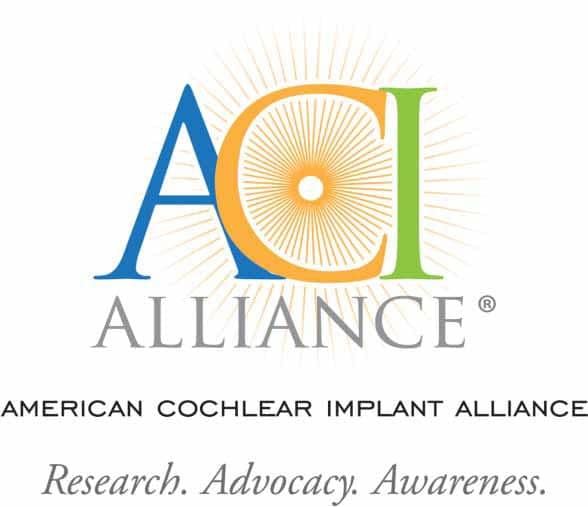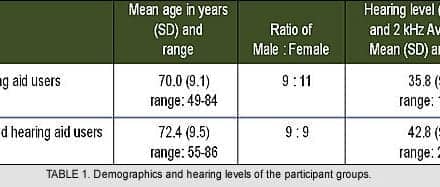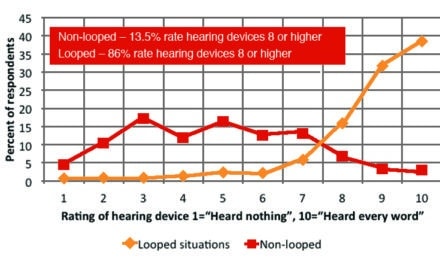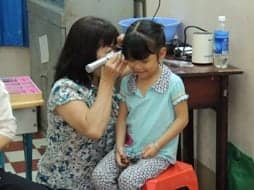Summary: The American Cochlear Implant (ACI) Alliance has submitted a request to CMS to expand Medicare coverage for cochlear implants, targeting individuals with asymmetric hearing loss and single-sided deafness.
Takeaways:
- Medicare Coverage Expansion Effort: The ACI Alliance’s formal request to CMS aims to broaden Medicare coverage policies to include cochlear implants based on the ear’s clinical presentation, particularly benefiting those with post-linguistic asymmetric hearing loss.
- Support from Extensive Data and Research: Led by Maura Cosetti, MD, of Mount Sinai, the submission is backed by comprehensive clinical data, published research, and practice guidelines from multiple cochlear implant centers.
- Community Involvement Encouraged: The cochlear implant community is urged to submit comments in support of the request, as these contributions will be vital to the National Coverage Determination process, which has a 30-day public comment period
The American Cochlear Implant (ACI) Alliance submitted a formal request to the Centers for Medicare and Medicaid Services (CMS) to expand the Medicare program’s coverage policy on cochlear implantation for individuals with post-linguistic sensorineural hearing loss.
The organization submitted a formal Request for Reconsideration of Medicare coverage (a National Coverage Determination or NCD) based on the clinical presentation of the ear to be implanted.
The impetus of the CMS Request
The research initiative that supported the formal request to CMS was led by Maura Cosetti, MD, and her team at The Mount Sinai Hospital in New York. The submission included a comprehensive review of published data, clinical practice guidelines, and related insurer coverage. Retrospective patient-level clinical data from several cochlear implant centers that had extensive data available was also provided.
Given that asymmetric hearing loss (AHL) can have a significant impact on an individual’s life, ACI Alliance members and the patient community have emphasized the need to address access to care for this aspect of hearing loss. While there has been some success in gaining insurance coverage from public and private insurers, Medicare coverage remains off limits to those seeking a CI with asymmetric hearing loss.
Further Reading
Opportunities for the Cochlear Implant Community
There will be additional opportunities for the cochlear implant community to aid the effort by submitting their own comments, which will be an important component of the formal National Coverage Determination process. Given the condensed timeline for comments (30 days), those who have relevant information that may support the process should prepare in advance.
Rather than looking backwards at the way Medicare coverage for CI is currently determined, this request looks forward to the way we should be evaluating cochlear implant candidacy—that is, based upon the ear to be implanted, according to the alliance. ACI Alliance says it is optimistic that this approach will help change the way public and private insurance providers address SSD and AHL coverage for candidates of all ages.
For additional information on cochlear implants for single-sided deafness or asymmetric hearing loss, visit: www.acialliance.org/page/DeterminingCICandidacy





